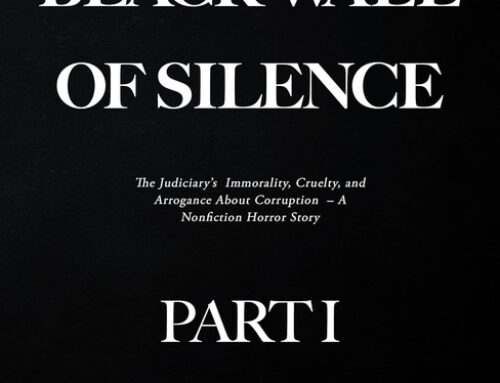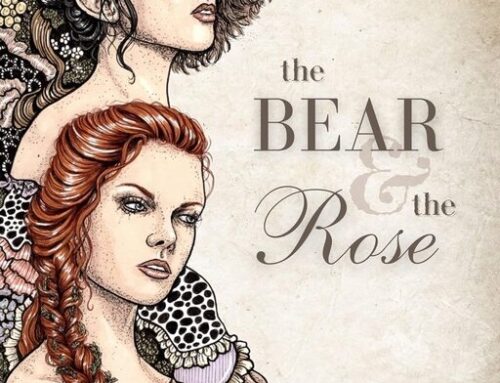
A tale of faith, redemption, and resurrection, Heavenly by Thomas Duffy is an inspiring parable of our time, one of desire, connection, and sacrifice.
After the “Big Guy” gives him a do-over, John comes back to the land of the living in a new form, Peter, who moves through this second life, navigating many of the common pitfalls of childhood and adulthood. However, when his second chance becomes entangled with the people from his previous life, the existential questions become all the more complex and intriguing.
Tapping into storytelling tropes of “It’s a Wonderful Life” and “A Christmas Carol,” this second-chance parable is heartwarming and insightful, particularly for those who have questioned their purpose in life, or the impacts they have on those around them. The focus on romance and Peter’s largely unsuccessful efforts at partnership dominate the narrative flow, but are often balanced with musings on organized religion, reincarnation, and other nebulous elements of dogma.
Examining issues of morality, free will, spirituality, doubt, and pure love, just to name a few, this book runs an impressive gamut in its discussion, though some of the topics feel somewhat rushed past. Writing a story about a character maneuvering through the afterlife, and then returning to Earth, is steeped in uncertainty and the mysteries of faith – however, this fictional story is unraveled with the confident tone of fact. More specifically, the author seems to give answers to timeless questions, rather than presenting new perspectives or ways of thinking. There are also some dogmatic and outdated elements of the story, particularly when it comes to gender roles, sexuality, family structures, and relationships, which may strike a sour note with some readers, regardless of their religious orientation.
While the messaging is hopeful and the story is generally one of inspiration and second chances, the character development itself feels quite lacking. The descriptions are often superficial – age, ethnicity, hair color, size – but readers need more than surface-level details. The declarative nature of the prose is also flat and monotone; even extremely intense moments, beginning with John’s untimely demise, are depicted with a matter-of-factness that can make the writing feel sterile or cold. Emotional investment through vivid storytelling is critical, especially early on in a book, if an author wants readers to dig in and stick with the story from start to finish.
Additionally, on a technical level, the writing could be improved in a number of ways. This goes beyond basic proofreading – some passages are redundant, certain conversations are clumsy and forced, and most feelings or emotions are explained to readers, rather than expressed through organic storytelling. The themes that flow throughout this book are important for readers both young and old, but the choppy prose, simplistic vocabulary, and lack of abstract or complex language are not entirely up to the task. Duffy has architected a novel with a great deal of potential, one with a powerful message of hope and redemption, but it falls short in execution and creative depth.
Book Links
STAR RATING
Design
Content
Editing
Get an Editorial Review | Get Amazon Sales & Reviews | Get Edited | Publish Your Book | Enter the SPR Book Awards | Other Marketing Services























Leave A Comment